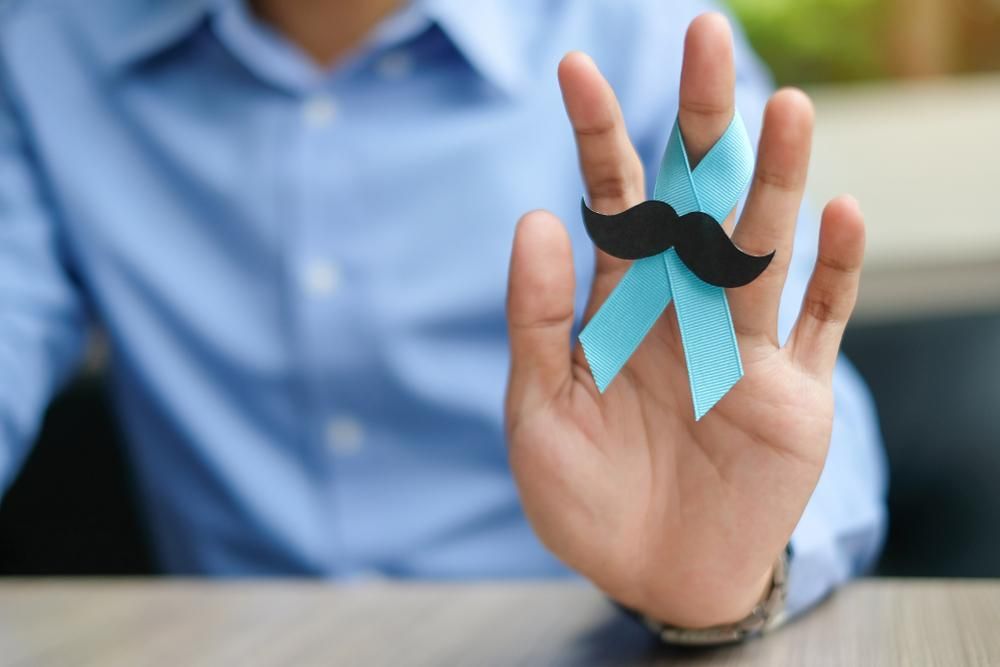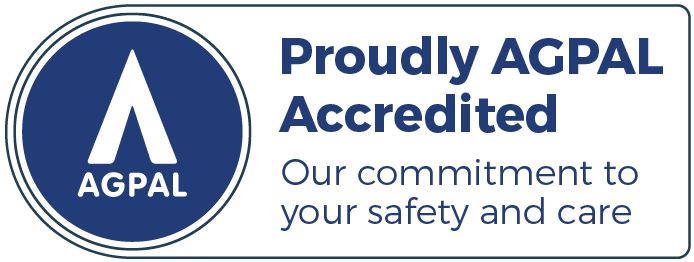Supportive Men's HEalth Clinic in Mullumbimby
Dedicated Men's Healthcare
The doctors at Mullumbimby Comprehensive Health Centre provide a wide range of men’s health services, including men’s health check-ups, a full range of contraceptive advice and options, STD screening, advice on reproductive health, cholesterol and blood pressure check-ups as well as preventative health care including prostate checks and mental health support.
Fear of finding out?
The “fear of finding out” about the severity of a health issue can affect men’s health. At Mullumbimby Comprehensive Health Centre, our GPs are well versed on all issues affecting men’s health and are supportive in using preventative health strategies to screen for early detection and treatment, which reduces the likelihood of illness and disease. Our services cover sexual difficulty in men, male-pattern baldness, prostate cancer and when men are feeling the ‘blues’.
You can make a
booking with our men's health clinic in Mullumbimby by calling
(02) 6684 1511. We also assist with
skin health,
women's health,
family medicine,
chronic disease management,
travel vaccinations,
QML pathology,
osteopathy,
naturopathy and nutrition,
podiatry,
exercise physiology,
physiotherapy,
psychology,
mental health services and
preventative health.
Prostate Cancer Detection
Prostate cancer is the second most common cancer diagnosed in men in Australia and the third most common cause of cancer death. One in seven men will be diagnosed with prostate cancer by the age of 85. It is more common in older men, with 63% of cases diagnosed in men over 65 years of age. From 2020, all Australians aged 50 to 74 will be offered free prostate testing every two years. If you have any factors like family history, inflammation or pain or difficulty passing urine it may increase your risk of prostate cancer, please talk to your doctor about regular surveillance. Early detection greatly increases the treatment options and ongoing health outcomes.
Men's Mental Health
Many men often feel isolated when it comes to their feelings and may feel like they need to bottle things up and show that they are ‘capable and coping’ rather than acknowledging their struggles emotionally and seeking help. Men make up an average six out of every eight suicides every single day in Australia. On average, one in eight men will experience depression and one in five men will experience anxiety at some stage in their life.
Those in need can reach out to us for comprehensive mental health support.
Your Test Results
Your doctor will advise when they expect the results of any tests or radiography to arrive at the practice. You will need to make a follow up appointment with your doctor to discuss your results.
Reception staff cannot give results out over the phone or via email. Please book an appointment with a GP to discuss your results. This may be in person or via telehealth.
We appreciate your understanding in this matter.
Frequently Asked Questions
-
Why is it important for men to talk about their mental health?
It's important for men to talk about their mental health because it helps to reduce the stigma often associated with seeking help. Open conversations about mental health can encourage men to address issues early on, leading to better outcomes. When men share their feelings and experiences, they are more likely to connect with others who can offer support and understanding. This can help in managing conditions like stress, anxiety and depression more effectively, promoting overall well-being and reducing the risk of more serious mental health challenges.
-
What are some common signs of mental health issues in men?
Mental health issues in men can manifest in various ways. Common signs include changes in sleep patterns such as insomnia or oversleeping and noticeable shifts in mood including irritability or anger. Men might also experience chronic fatigue, difficulty concentrating and a lack of interest in activities they once enjoyed. Physical symptoms such as frequent headaches, digestive problems or unexplained aches and pains can also be linked to mental health issues. Additionally, withdrawing from social interactions, increased reliance on alcohol or drugs and changes in appetite can signal underlying mental health concerns. Recognising these signs is the first step towards seeking help and improving mental health.
-
How can men seek help for mental health issues?
Men seeking help for mental health issues have several options available to them. They can start by scheduling an appointment with a healthcare provider such as a general practitioner, psychologist or counsellor who can offer professional support and guidance. Many communities also have support groups that provide a safe space for men to discuss their experiences with others facing similar challenges. For those who might feel hesitant about in-person help, there are numerous online resources including therapy apps and helplines that offer confidential support. Additionally, men might find it beneficial to talk to a trusted friend or family member as a first step which can help in easing the process of seeking professional help.
Site links
resources
MEDICAL Services
ALLIED HEALTH
Trading Hours
- Monday
- -
- Tuesday
- -
- Wednesday
- -
- Thursday
- -
- Friday
- -
- Saturday
- -
- Sunday
- Closed
Contacts
ABN: 94 534 997 304
AGPAL Accredited Practice








